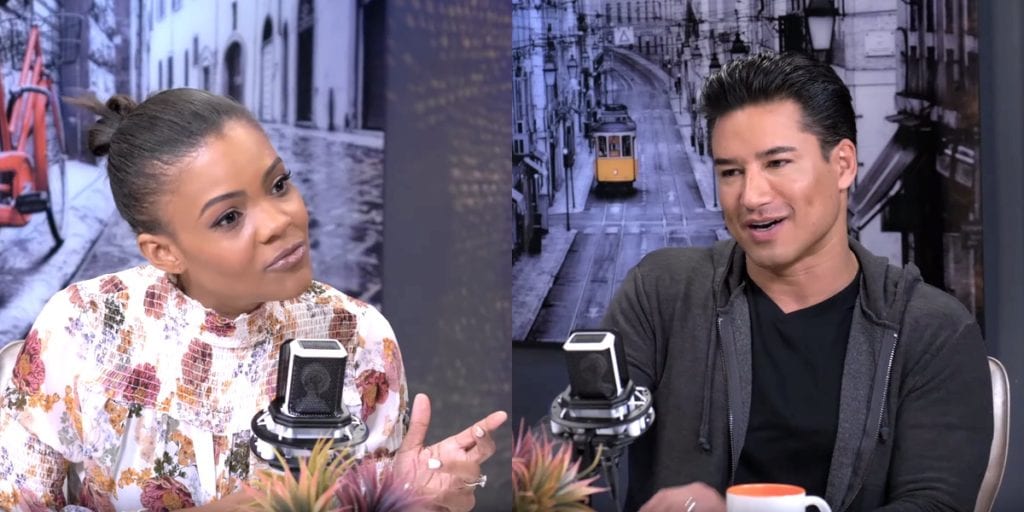
Mario Lopez on Wednesday apologized after remarks he made last month about transgender kids and their parents were brought to light.
Said Lopez in a statement: “The comments I made were ignorant and insensitive, and I now have a deeper understanding of how hurtful they were. I have been and always will be an ardent supporter of the LGBTQ community, and I am going to use this opportunity to better educate myself. Moving forward I will be more informed and thoughtful.”
Lopez made the remarks in an interview with pro-Trump conservative Candace Owens.
Owens brought up what she said was a “weird trend” of celebrities acknowledging their child's gender identity, citing Charlize Theron as an example.
Said Owens: “I've had children say they were mermaids. I've had children say they could fly. I am trying to understand this new Hollywood mentality where they just think their children now have the mental authority and clarity…”
Lopez agreed: “I am trying to understand it myself, and please don't lump me into that whole [group of celebs]. I'm kind of blown away too. Look, I'm never one to tell anyone how to parent their kids obviously and I think if you come from a place of love, you really can't go wrong but at the same time, my God, if you're three years old and you're saying you're feeling a certain way or you think you're a boy or a girl or whatever the case may be, I just think it's dangerous as a parent to make that determination then, well, ‘OK, then you're going to be a boy or girl,' whatever the case may be … It's sort of alarming and my gosh, I just think about the repercussions later on..”
“To me I just see depression,” added Owens. “You can't make a decision about your sexuality when you're three years old.”
“When you're a kid … you don't know anything about sexuality yet,” Lopez agreed. “You're just a kid.”
Owens accused celebs like Theron of “narcissism” and “virtue signaling” for respecting their kids' gender identities.
Added Lopez: “I think parents need to allow their kids to be kids but at the same time, you gotta be the adult in the situation. Pause with that and — I think the formative years is when you start having those discussions and really start making these ‘declarations.'”



